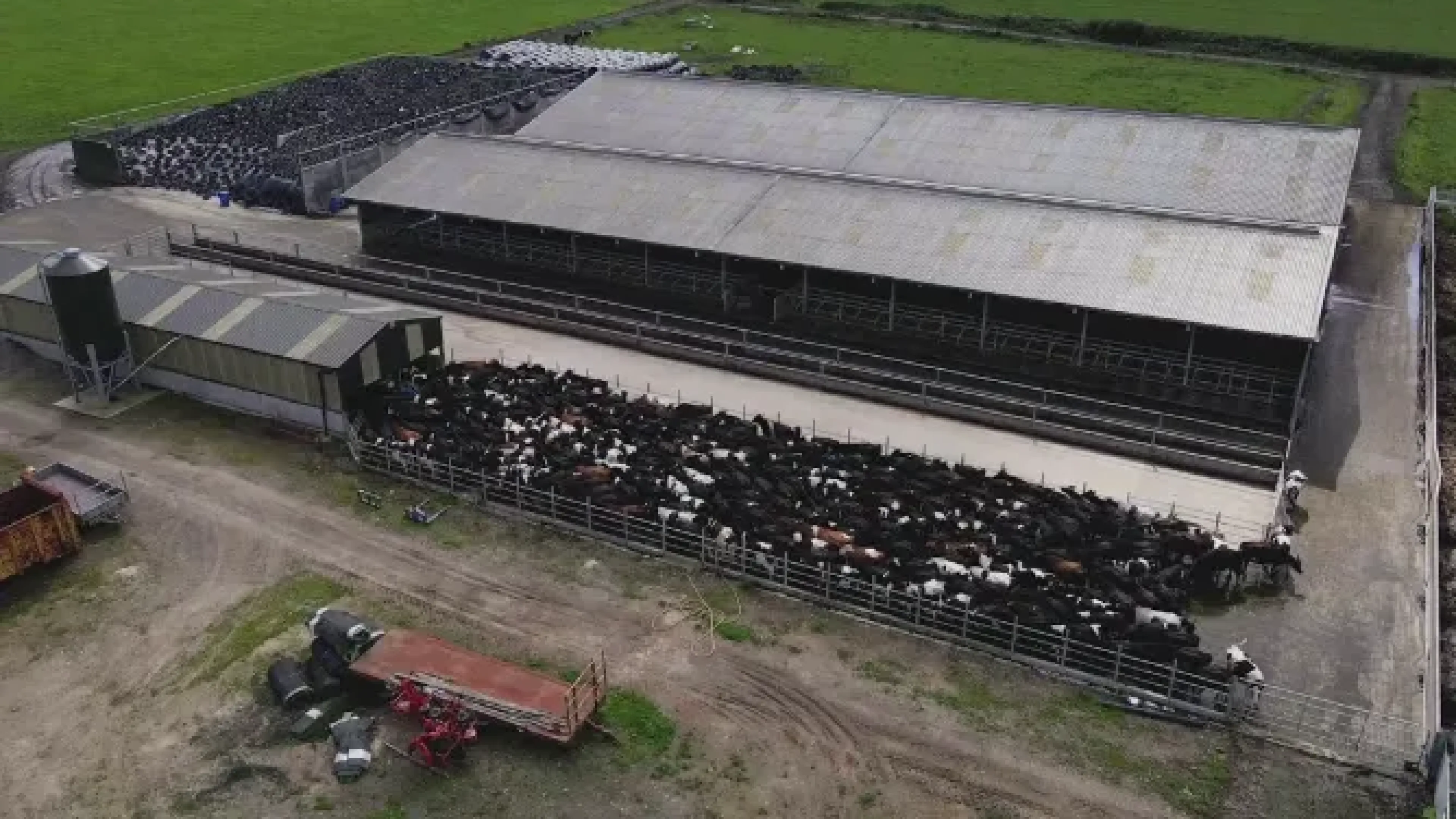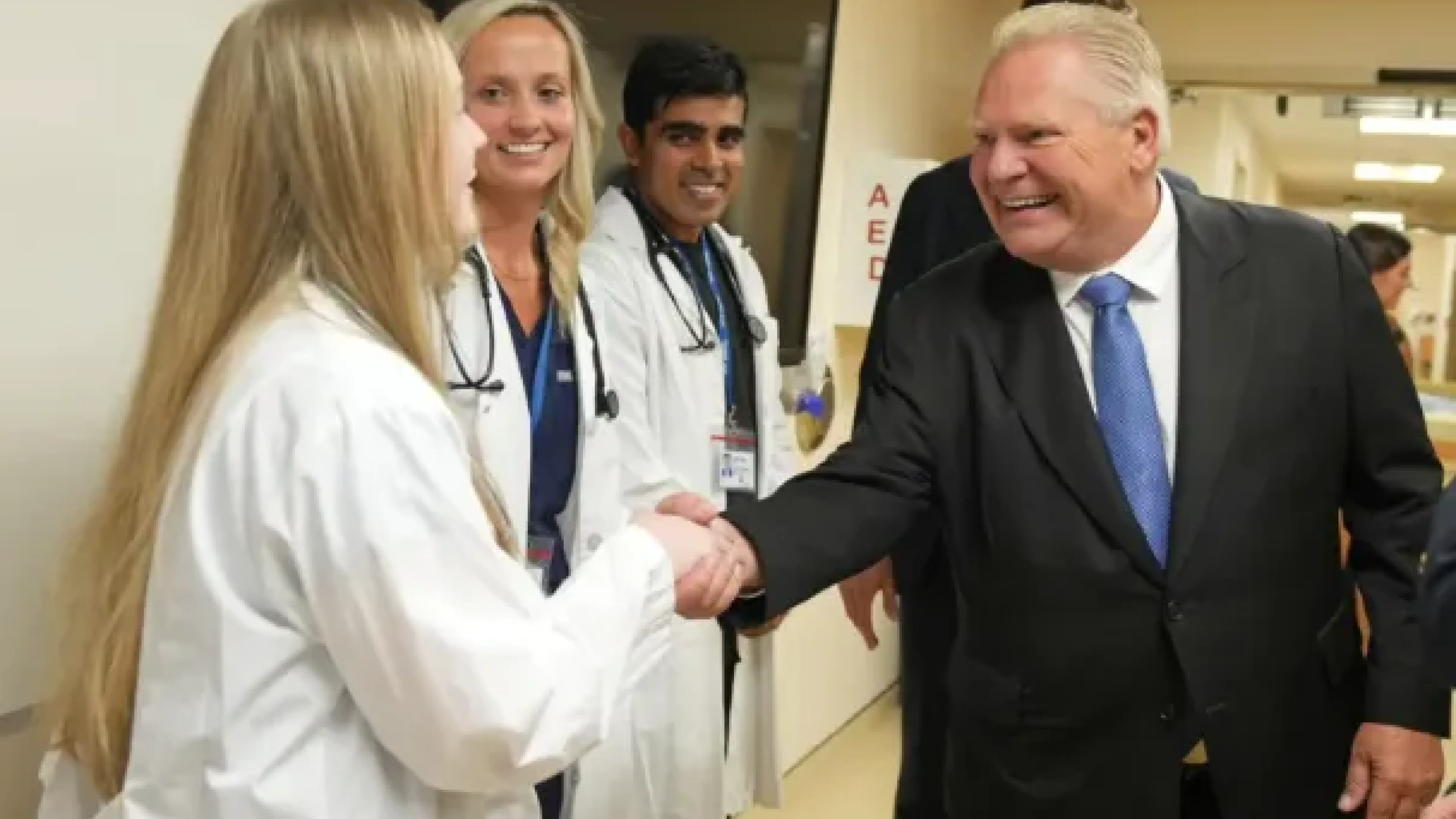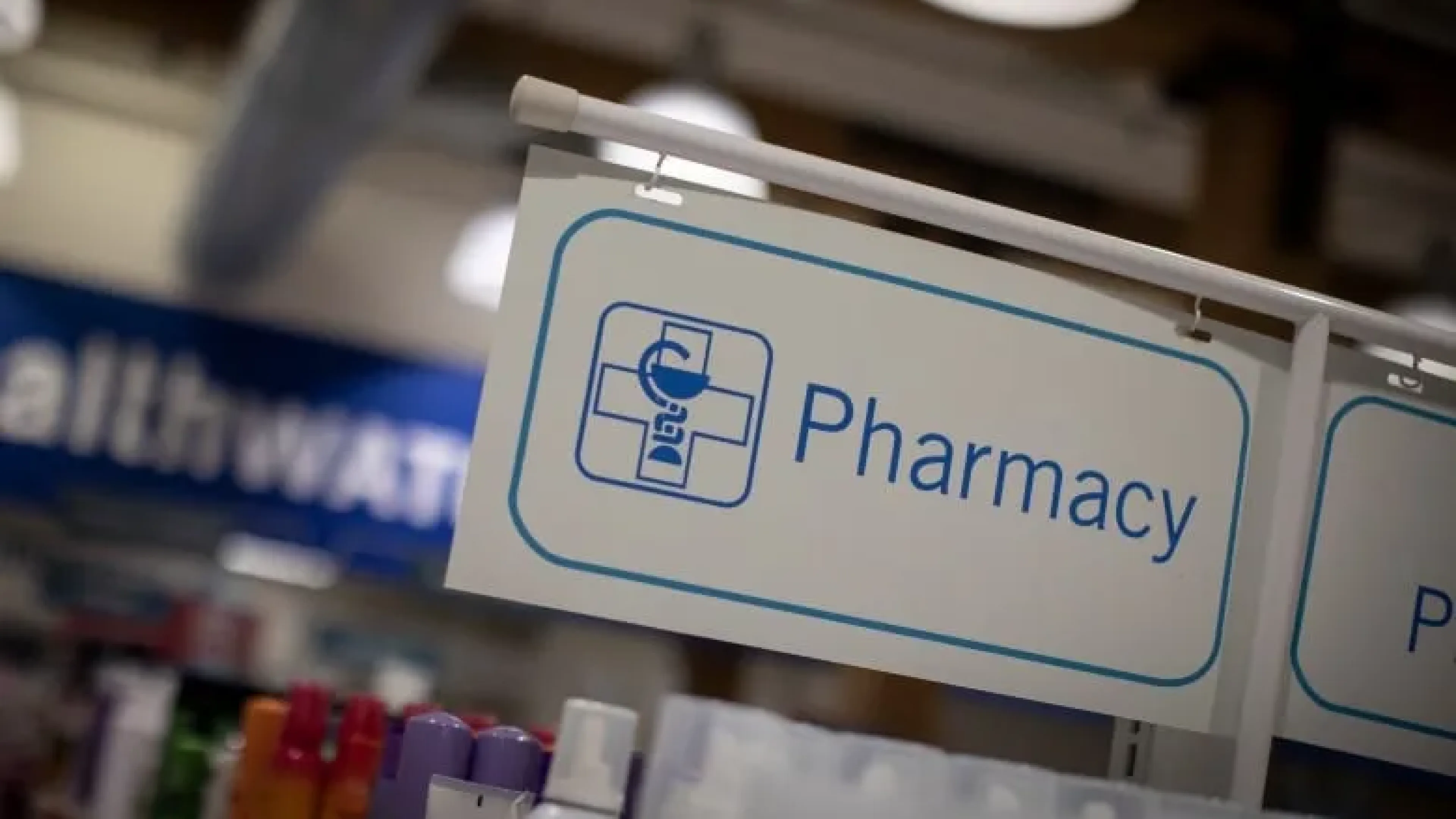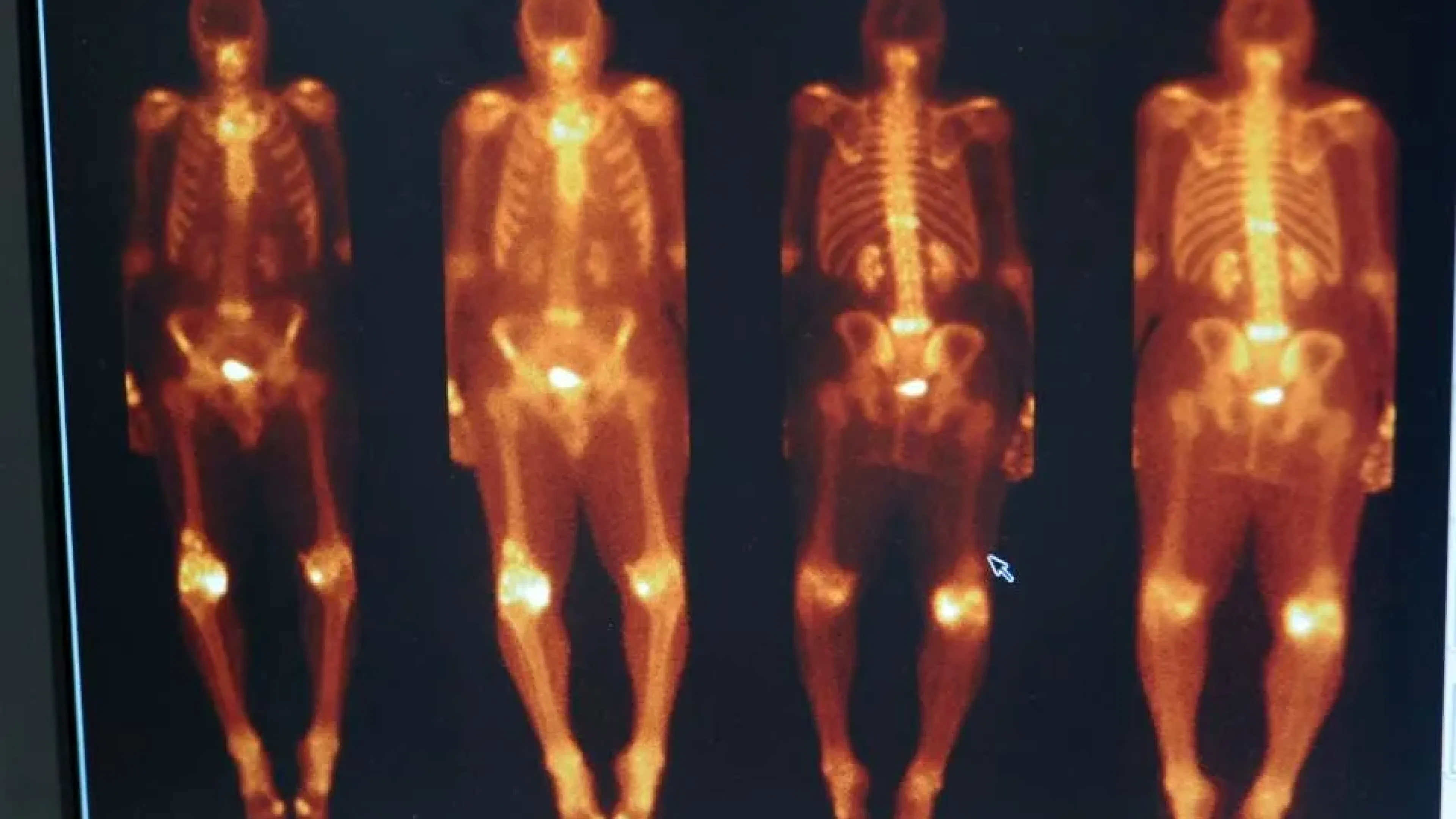You’re reading the web version of our email briefing on health policy, science and medical news. Sign up to get it next week.
Hi Healthwatchers, 👩🏻⚕️👨🏾⚕️👩⚕️
On today’s menu, a global shortage of a delicious medical isotope you’ve probably never heard of, hospital AI-scribes are writing things down that no one ever said, and of course, H5N1. More specifically, governments’ response to it.
Experts are alarmed over bird flu’s potential to evolve into something much worse. If past is prelude, we could soon be in for a wild ride.

The U.S. response to an H5N1 epidemic in dairy cows has garnered widespread criticism. Experts worry the virus could soon spark another pandemic, as containment efforts have been obstructed by industry and political interests.
Why it’s important: It’s estimated that an H5N1 pandemic could kill roughly 33 million people within its first six months.
The new, cow-adapted H5N1 strain has spread unchecked for most of this year. At least 324 dairy herds and 26 farm workers have been affected; numbers widely understood to be undercounts.
The virus was found on three B.C. poultry farms this week, but it’s not clear if this is the new, cow-adapted strain, or how soon we'll have an answer to this question. Because of the adapted virus’s potential for spillback into wild birds, Canadian cows could still be at risk, even if they never come into contact with infected U.S. cows.
Read more…

The Ford government said it will reserve 95 per cent of med school spots for Ontario residents.
Why it’s important: Less than 0.3 per cent of Ontario med school spots are occupied by international students. That's 11 people, including 3 from the U.S.
A solution that could truly be helpful in combatting the family doctor shortage would be funding more medical residency spots for family medicine. This would cost around $150,000 annually. For contrast, the cost of a single new cabinet ministry could be estimated at roughly $500,000, if I’m being conservative.
A tuition support program for students who commit to practicing family medicine in Ontario was also bundled into the announcement, but didn’t make headlines. This one is a good move.
Read more…

A CNN investigation documents deceptive fundraising tactics used to target elderly Americans, especially those with dementia.
Why it’s important: Many victims are unaware they’ve signed up for recurring donations, leading to financial devastation. Families are left to recover the losses, but often cannot.
As the aging boom starts to really hit, the number of people with dementia will vastly increase. Increasingly frictionless online payments, and the ability to easily spam people with dozens of AI-generated fundraising messages are creating a perfect storm for exploitation.
Read more…

Alberta is lowering fees pharmacists can bill for care plans, and reducing the number of billable follow-up appointments and medication reviews from 12 per year to four.
Why it's important: Alberta expanded pharmacists' roles 17 years ago, allowing them to provide and bill for primary care services. As other provinces begin adopting similar models, this may signal things to come.
Pharmacists argue that lower compensation will strain their ability to provide care, especially as demand for it grows amidst the family doctor shortage. The government says the cuts are necessary to ensure the financial sustainability of pharmacy services, which are projected to run $30M over-budget this year.
Read more…

A global shortage of technetium-99m, a vital isotope used in nuclear imaging, could delay or cancel over 40,000 medical imaging studies in the U.S. alone — per day.
Why it’s important: Technetium is used in 80% of all nuclear medicine studies globally. Restrictions to its availability will likely lead to delayed cancer treatments and heart disease diagnoses.
The shortage is due to a delay in restarting the High Flux Reactor in Petten, Netherlands. This reactor is a major bottleneck in the production of technetium. Since Canada no longer produces the isotope domestically, we rely on imports, making us especially vulnerable to shortages. This one is expected to last into November.
Read more…

Hospitals using AI-powered transcription tools like OpenAI’s Whisper may be courting serious risks, as the tool has been found to “hallucinate,” or make things up.
Why it’s important: In one instance, a transcription inaccurately included violent commentary that was never spoken. Another example involved the invention of a non-existent medication.
Despite warnings from OpenAI, some hospitals are using Whisper to transcribe patient encounters, leading to a fresh set of worries about the accuracy of medical records. There are also privacy concerns at play, with some wary of sharing private medical conversations with tech companies without clear consent.
Read more…
And there we go. All done.
Health news is full of surprises — some good, most not.
Thanks for joining me on this ride. I know keeping up with it all can be tough, but it does make a difference. If you think other people should be informed too, tell ‘em to read my newsletter.
Misery does love company. 😉
Nick Tsergas, Editor
Canada Healthwatch
[email protected] | canadahealthwatch.ca
Stay informed.
On the most important developments in Canadian health.
Get Canada’s essential briefing on health policy, science, and system change. Get Briefing